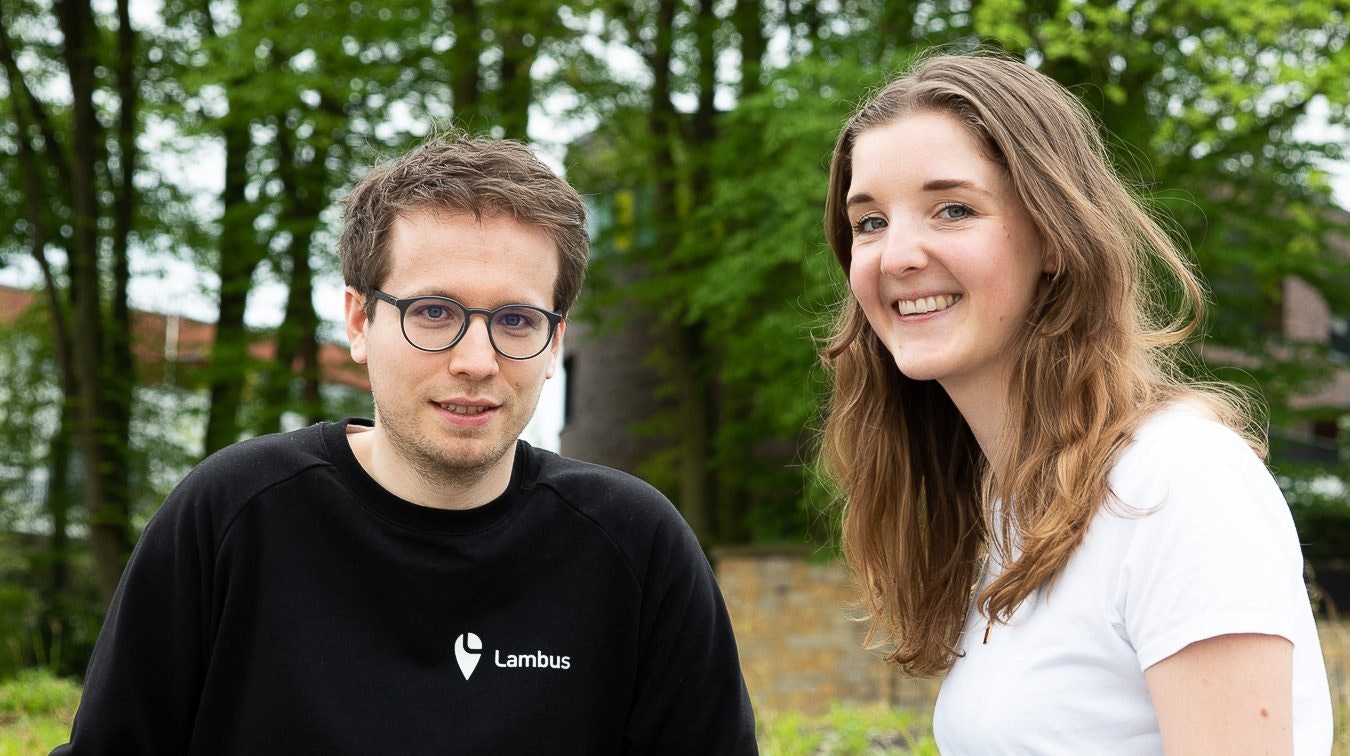A few unanswered emails and stubborn accountants were what sparked Comtravo founder and chief executive Michael Riegel to rethink how business travel bookings for small companies are made.
While working for a small company in San Francisco, Riegel struggled to work out what they were actually spending on travel from his accounts department. “This was the point in time I Googled ‘travel management solutions’,” the 32-year-old tells Sifted.
Riegel sent the four top companies an email but got no response for weeks. He realised that his company was too small to be worth it. Maybe, he then asked himself, there is a gap in the market here.
Traditionally, booking travel is enormously time-consuming for small companies without a costly dedicated travel management company to help them. Mixing machine learning and artificial intelligence technologies — with the occasional human travel agent — Comtravo is trying to help by automating the old-school, manual processes.
Already the platform has automated 60% of the travel booking process for small-midsize enterprises. With a recent addition of €21m in Series B funding earlier this month from backers Endeit Capital and Deutsche Bank, the Berlin-based company now has its eyes set on automating 80% of the process.
Getting down to business
Founded in 2015, Comtravo processes approximately 1,000 bookings per day and counts companies such as HelloFresh and LG Innotek among its customers.
Over the last few years the company has developed a natural language processing (NLP) technology to help process bookings. But first, Riegel, who has a business background, and his team looked into “convenient” booking behaviours.
They observed that most employees at big consultancies simply emailed secretaries to schedule travel. “It’s not like we knew there [was] this crazy NLP technology [and asked] where can we apply it? But we started from the problem,” Riegel tells Sifted. “We knew, okay, we have this booking behaviour. Is there a way to automate this?”
Comtravo simply translates clients’ emails into bookings, alongside providing an online tool. With the NLP technology, Riegel compares the booking process to a streetlight. If Comtravo’s software is confident it understands a client’s email it gets a green light and no travel agent will see it. With a yellow light, the software will send a booking request to a travel agent. The agent will then confirm or adjust as a “sanity check”. This is where the machine learning comes in, Riegel says. A red light, however, involves something much more complex — like airline strikes.
By keeping an overview of all a company’s bookings in one short invoice or report each month, Comtravo also tries to eliminate confusing conversations with accounting departments like the ones Riegel had in his former job.
Drive creativity, not competition
“The market is so, so huge and there’s so much additional opportunity in there that it’s very unlikely we will start selling pizzas or something,” Riegel jokes.
Riegel describes the business travel marketplace as broad and fragmented. In Germany alone, the market is measured at over €52bn, according to Riegel and The German Business Travel Association. The market, he says, continues to be dominated by older companies, like American Express, Carlson Wagonlit Travel (CWT), Hogg Robinson Group (HRG), BCD Travel and even local travel agencies.
“To be honest, startups in this marketplace play an insignificant role. And this includes us, this includes TravelPerk, this includes other startups,” Riegel argues, predicting there will be little competition among startups in the business-to-business (B2B) travel market. “[Startups] drive the creative innovation that other players need to adopt in the market.”
Yet, one competitive advantage Comtravo appears to have is pricing. Now that it has automated more than half of the process and integrated direct access to airlines into its platform, Comtravo calculates that it processes bookings approximately 65% more cheaply than other more traditional platforms.
Riegel explains that many airlines recently started to “discriminate” against the “global distribution systems” that travel agents and booking platforms use by offering lower prices for customers who book directly with the airlines. “As a player in between, so to say, I need to get direct access to airlines versus by going with a central booking system because otherwise I’m too expensive for my customers,” Riegel says.
More to do
Riegel says there are huge opportunities in the market for Comtravo and his team is well-positioned to tackle them.
Comtravo currently employs 130 people and is quickly growing. “[This] means you need to make sure you continue to have a very good culture, a lot of transparency. You need to fundamentally change processes,” Riegel tells Sifted at Comtravo’s headquarters nestled in Berlin’s Neukölln district.
Riegel notes that his latest funding success indicates there’s a lot of interest and even more to be built. While the focus so far has been on building a core product, he plans to use the new money to look into incorporating more add-on features, like automatic flight check ins and claims, in addition to focusing more on growth.
“We are not lacking in ideas,” the chief executive says.
This article was produced by Catherine Treyz in collaboration with Silicon Allee, which supports a community of international startups based in Berlin.



